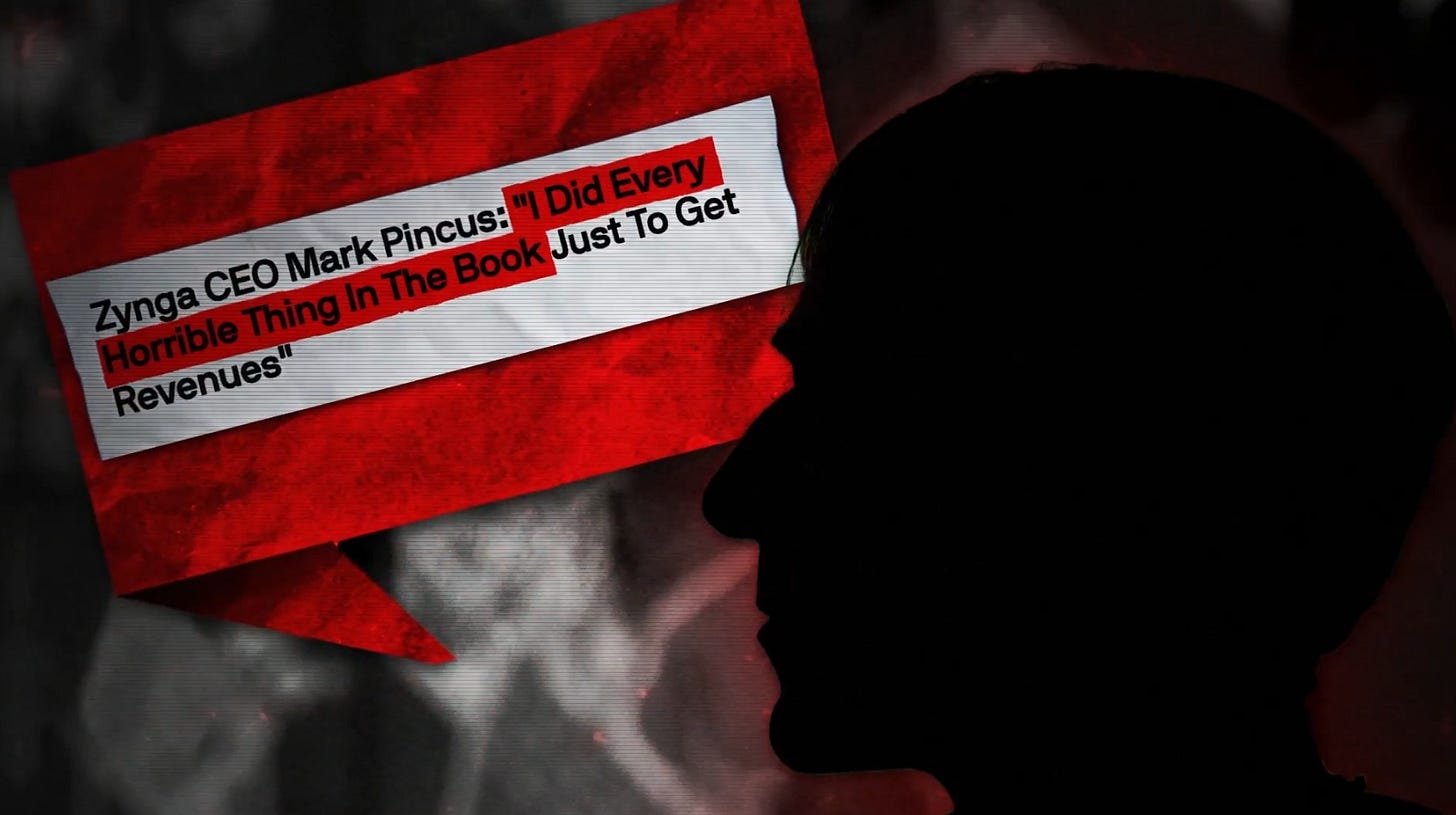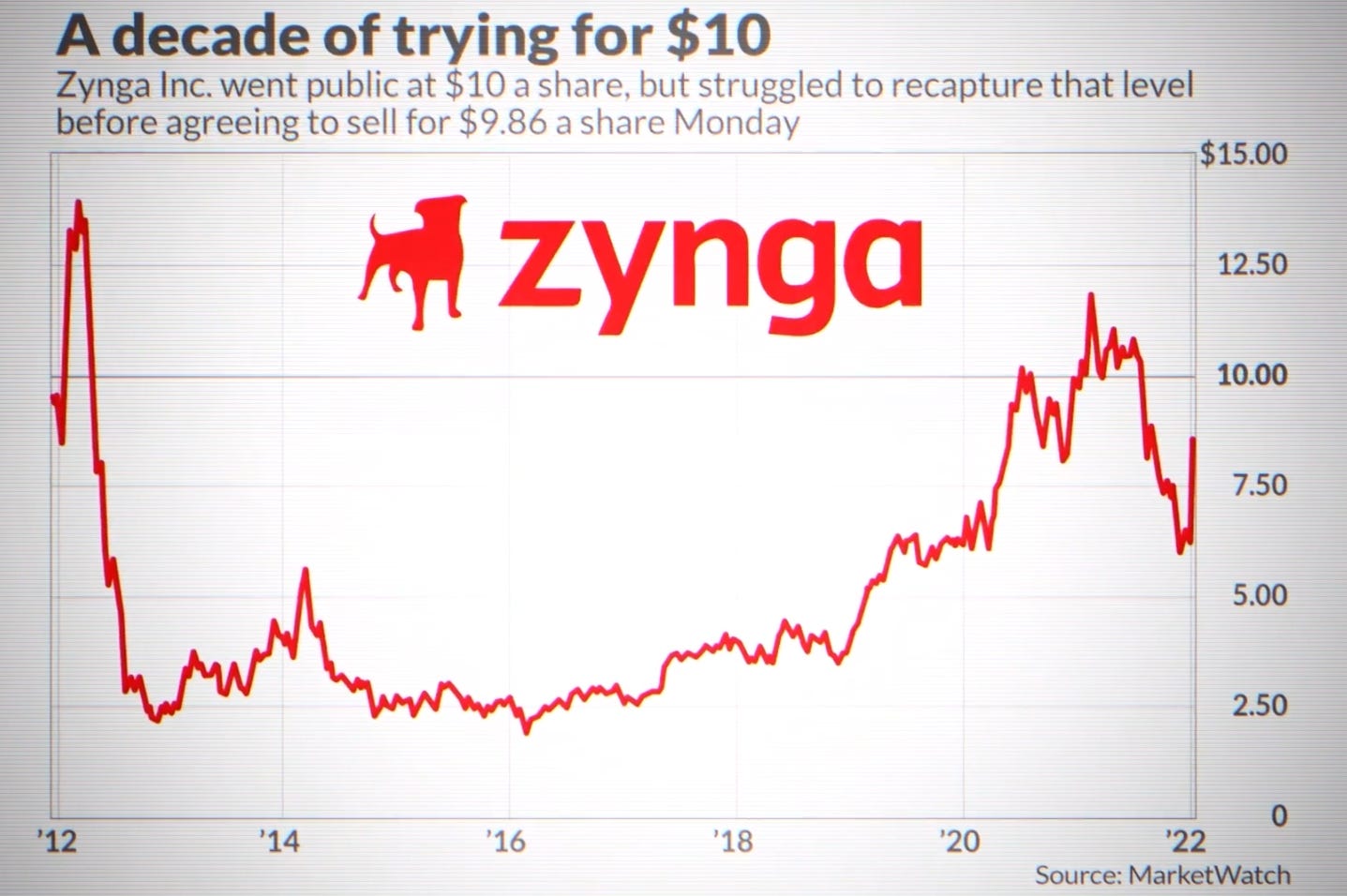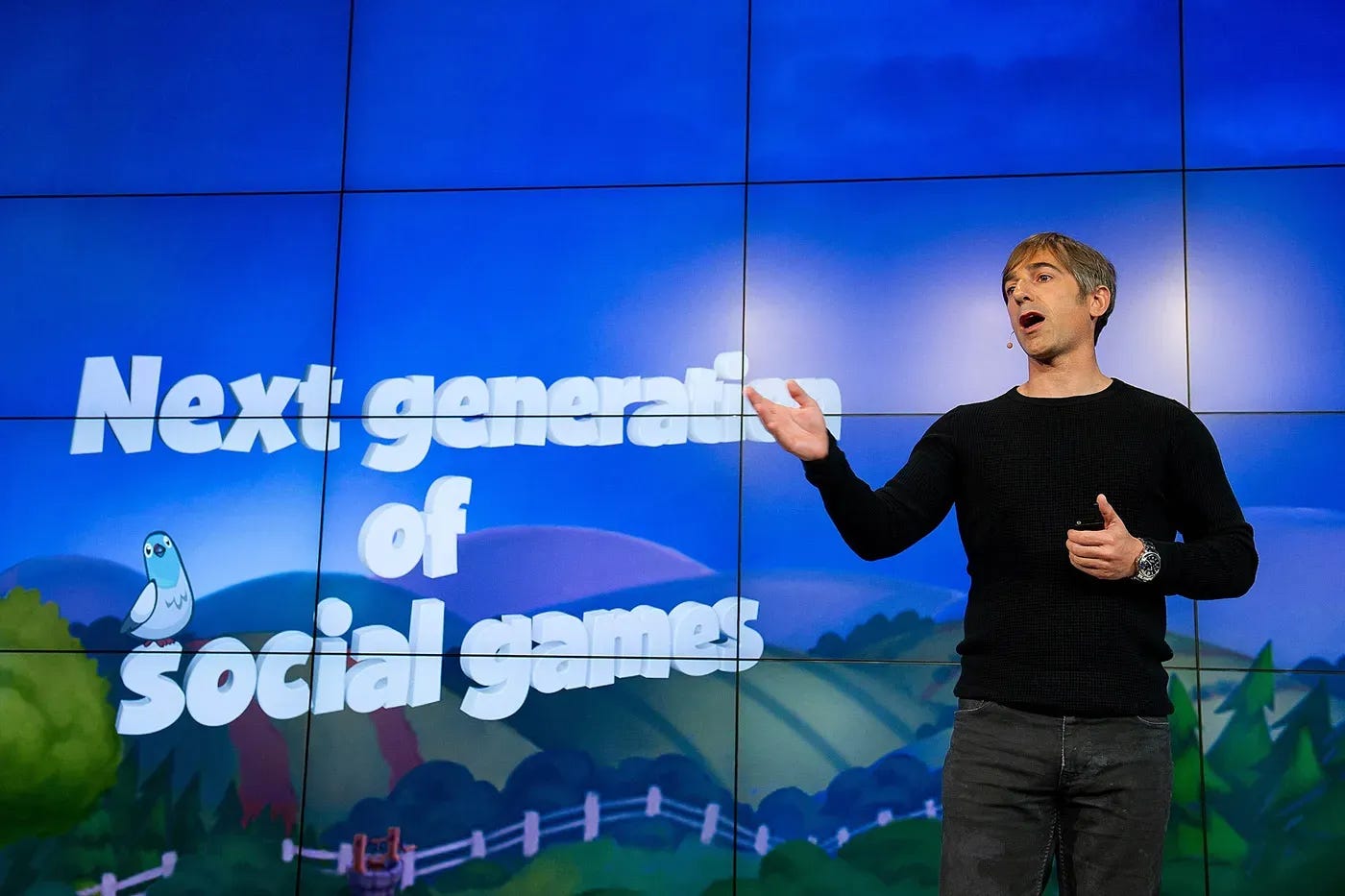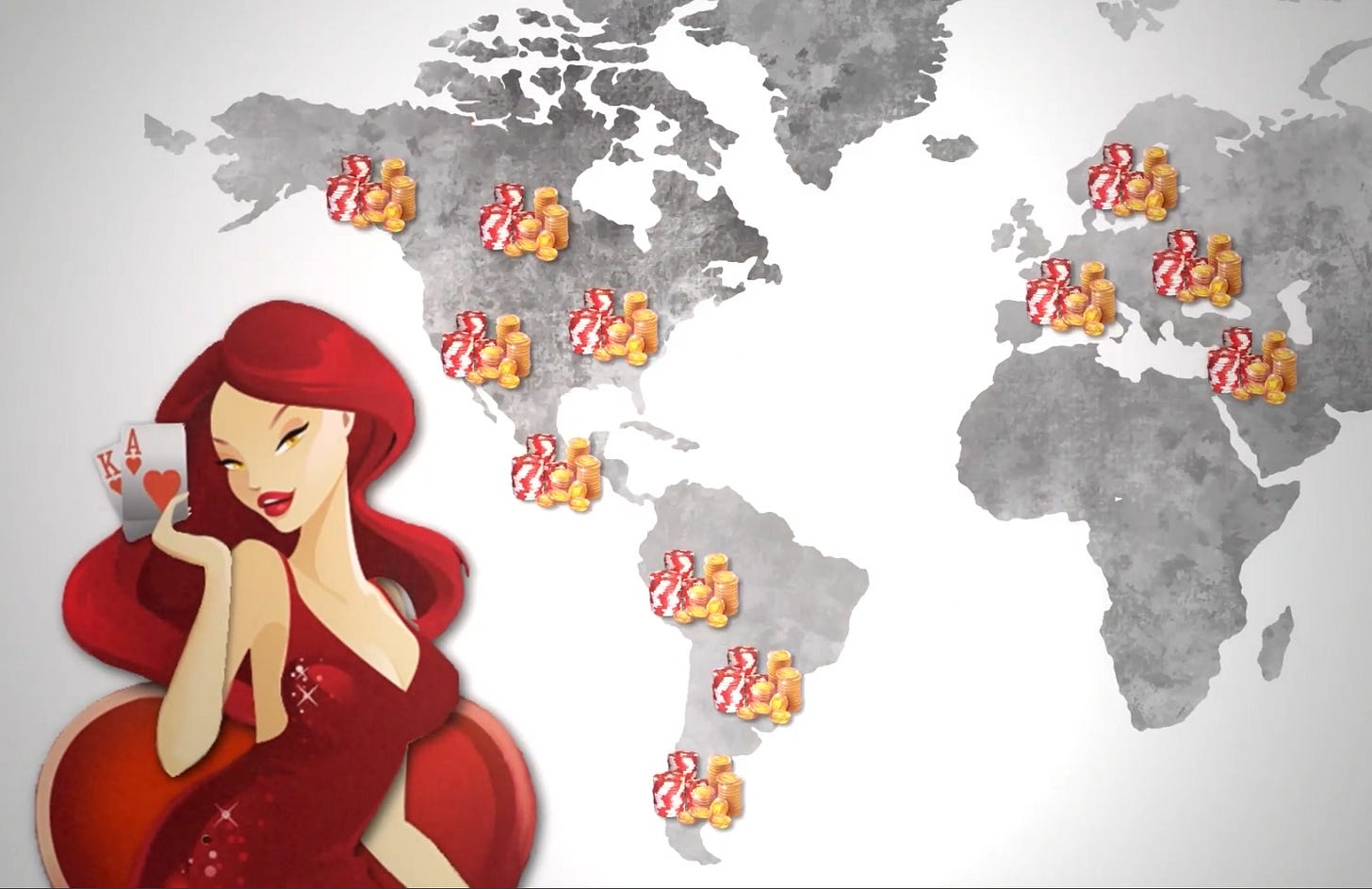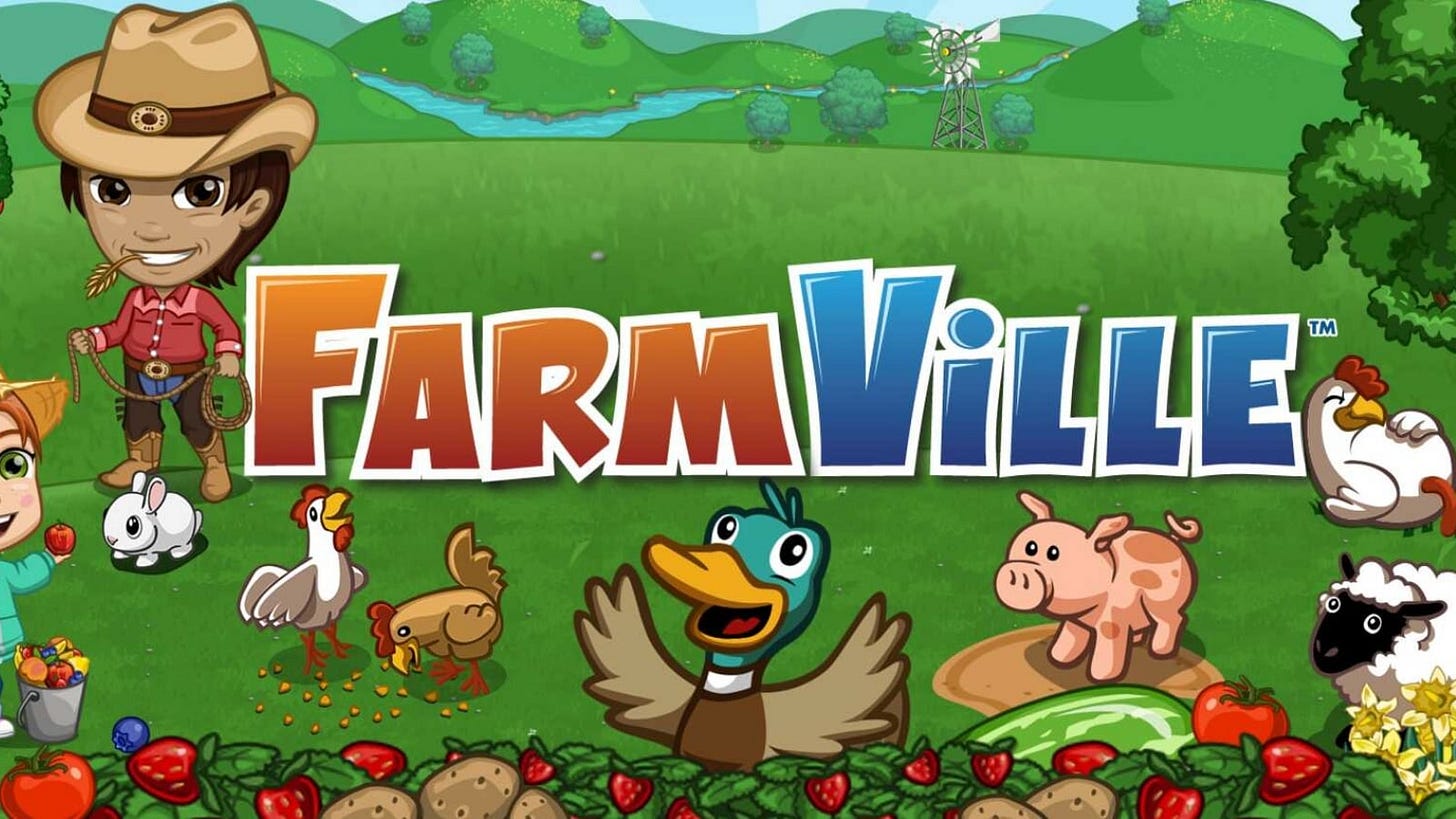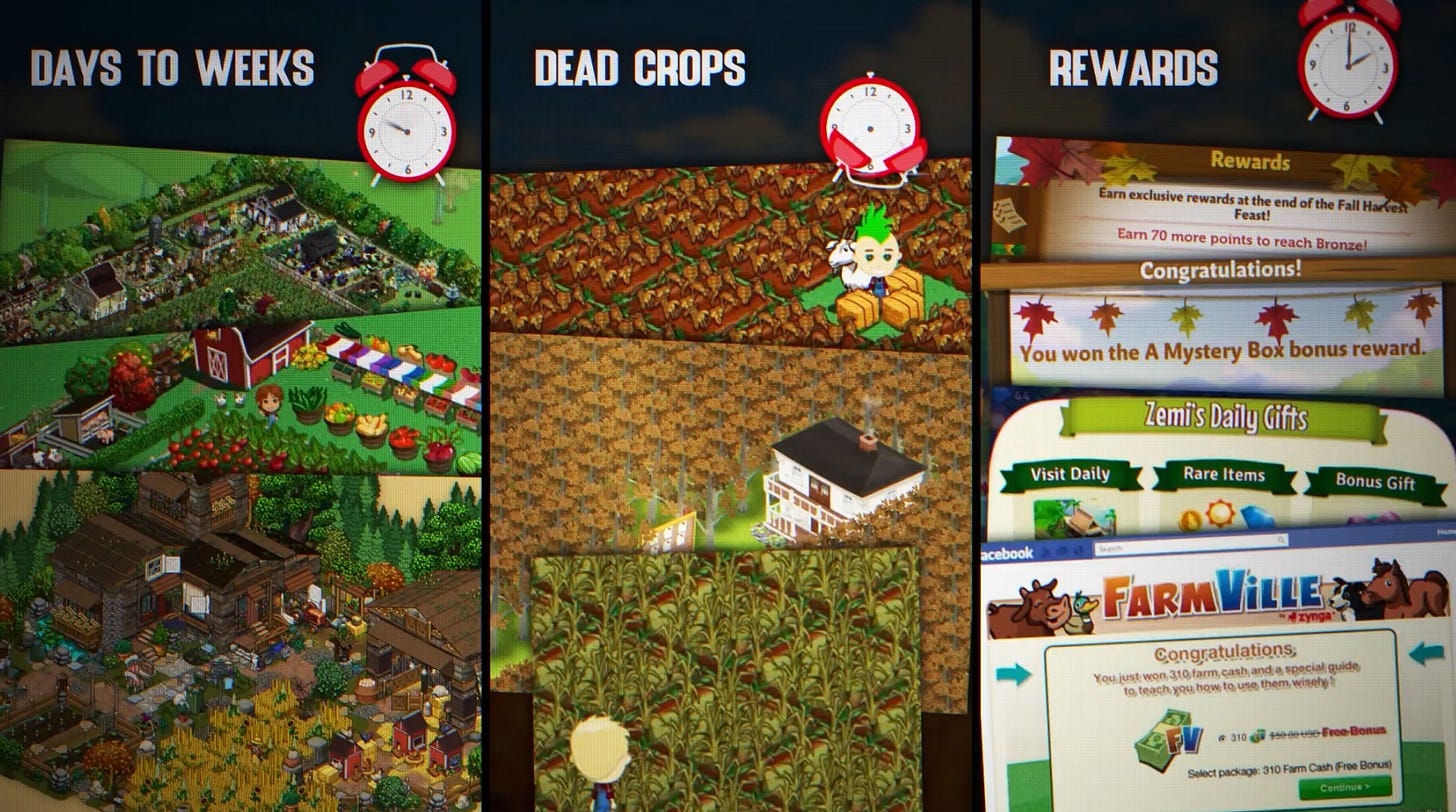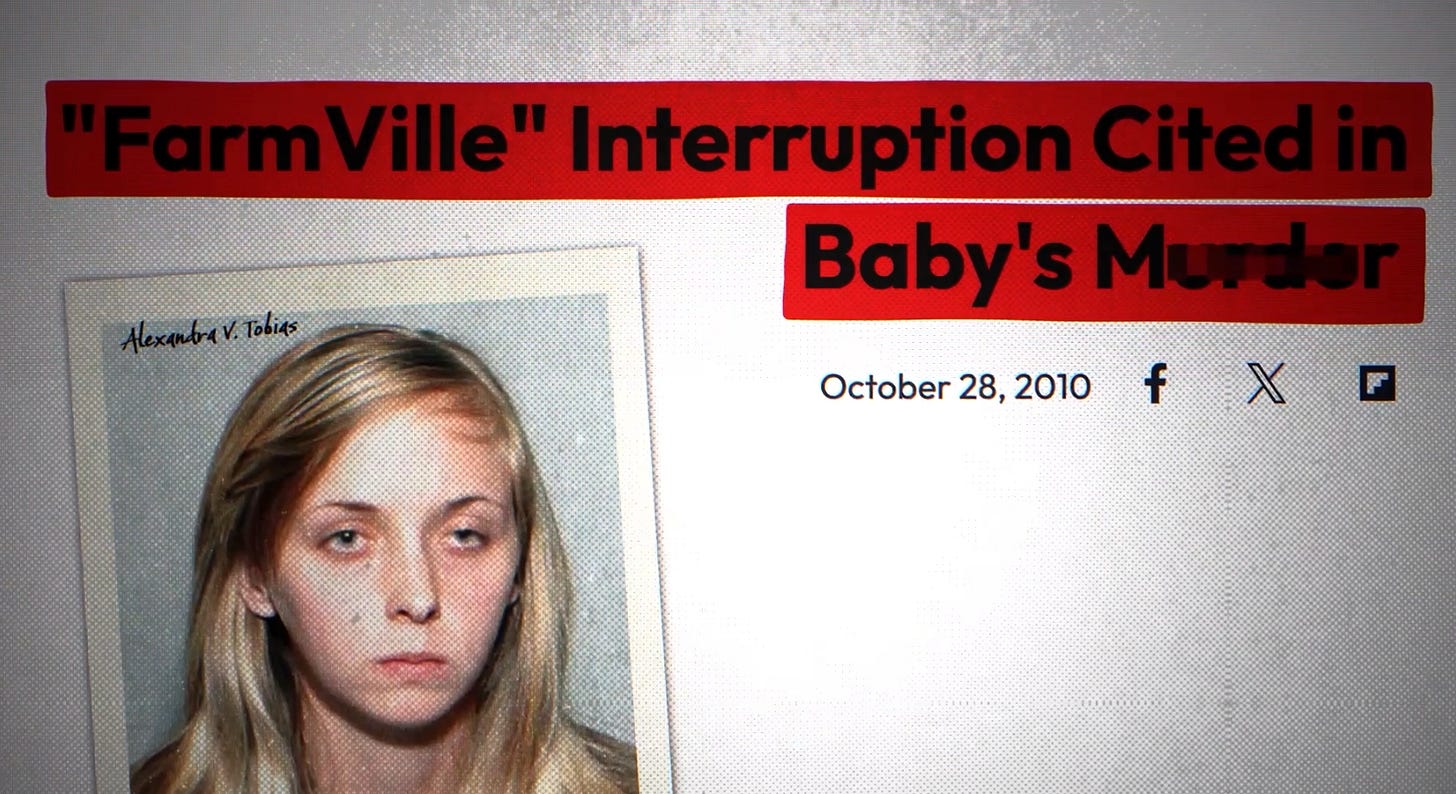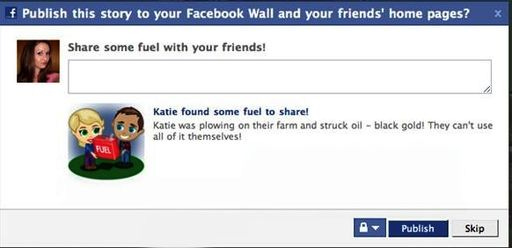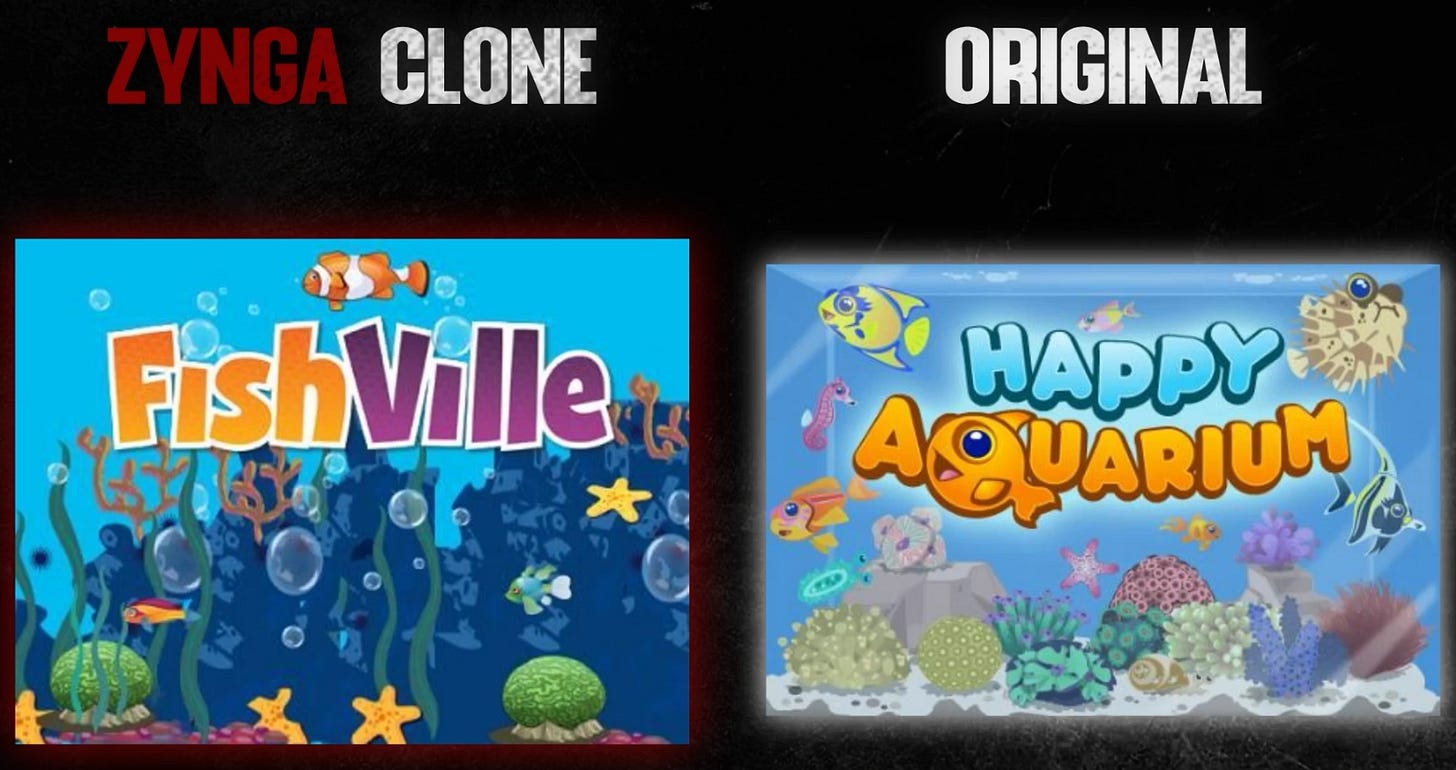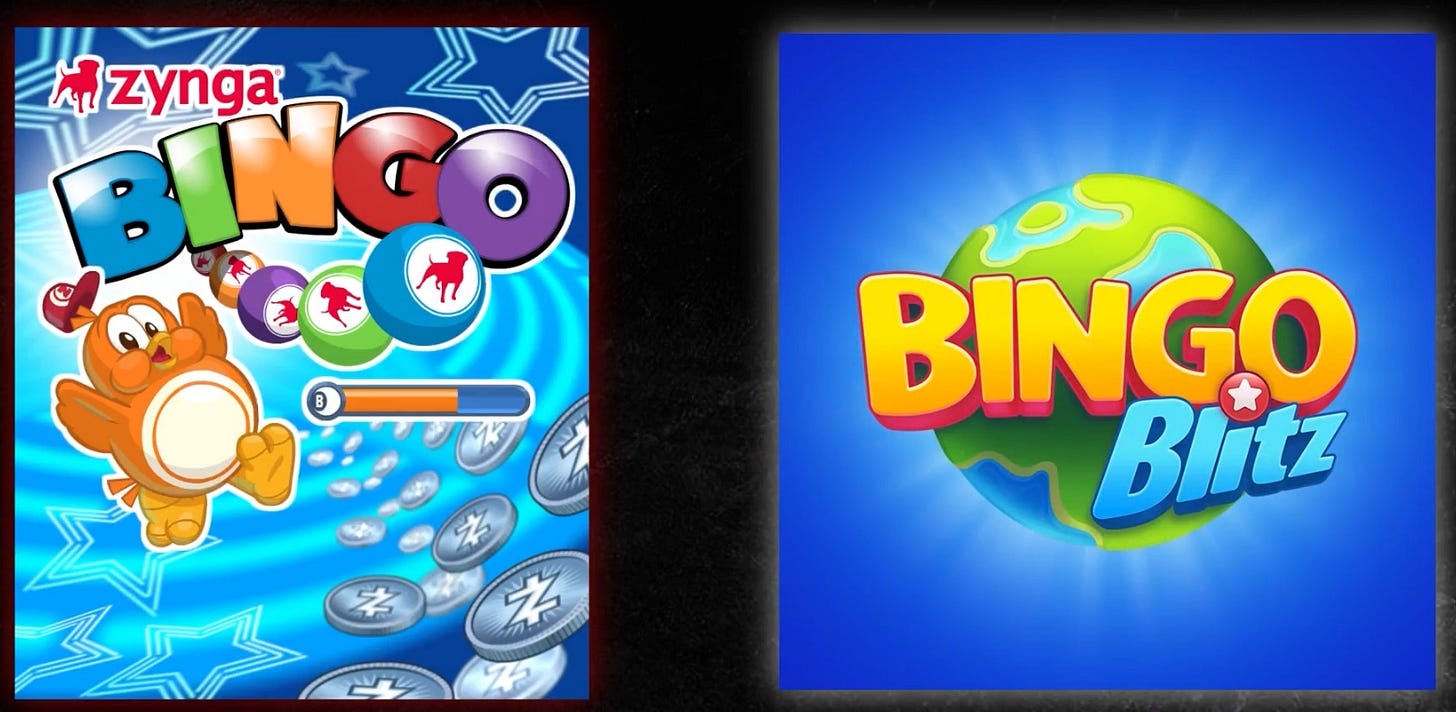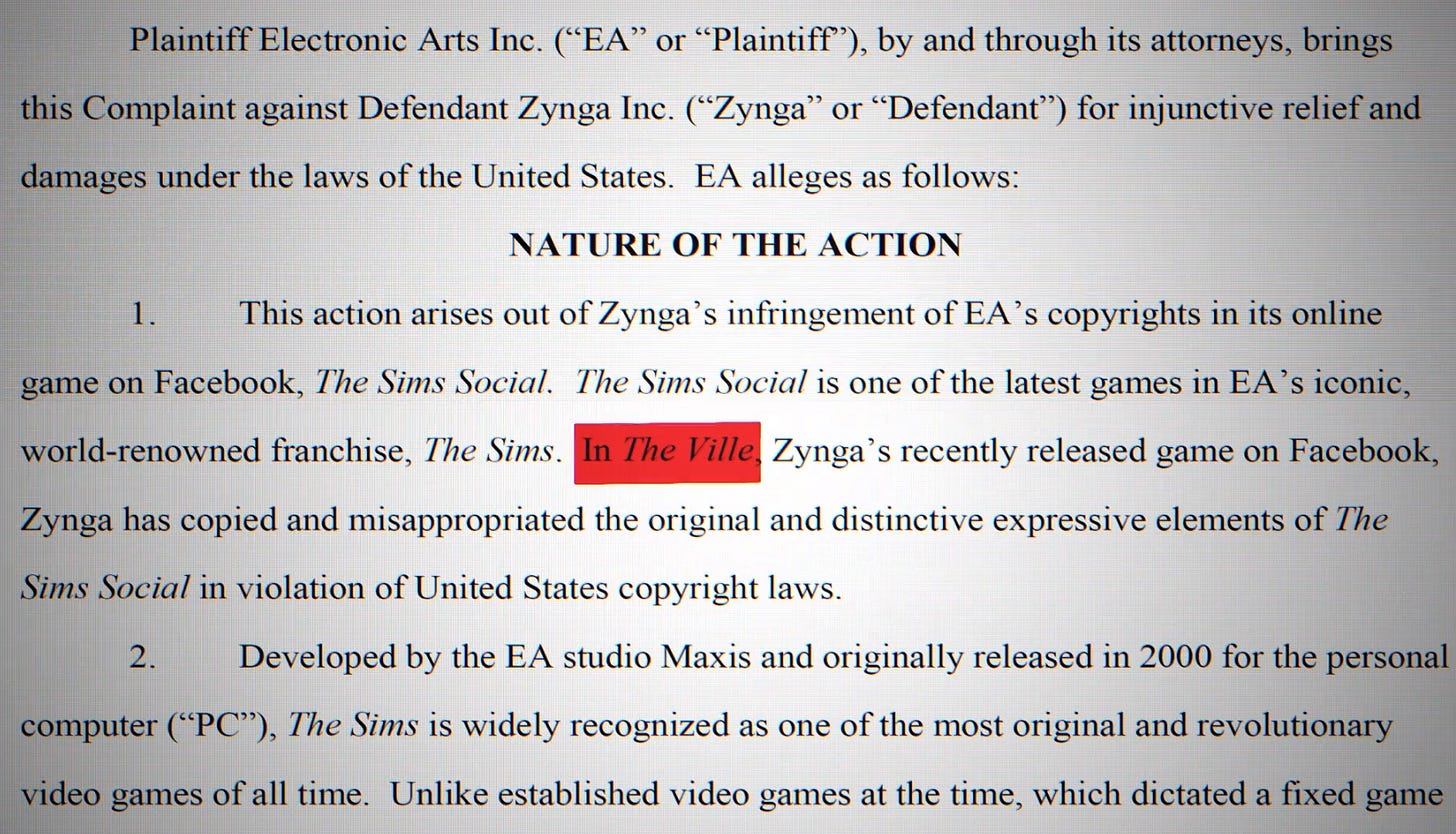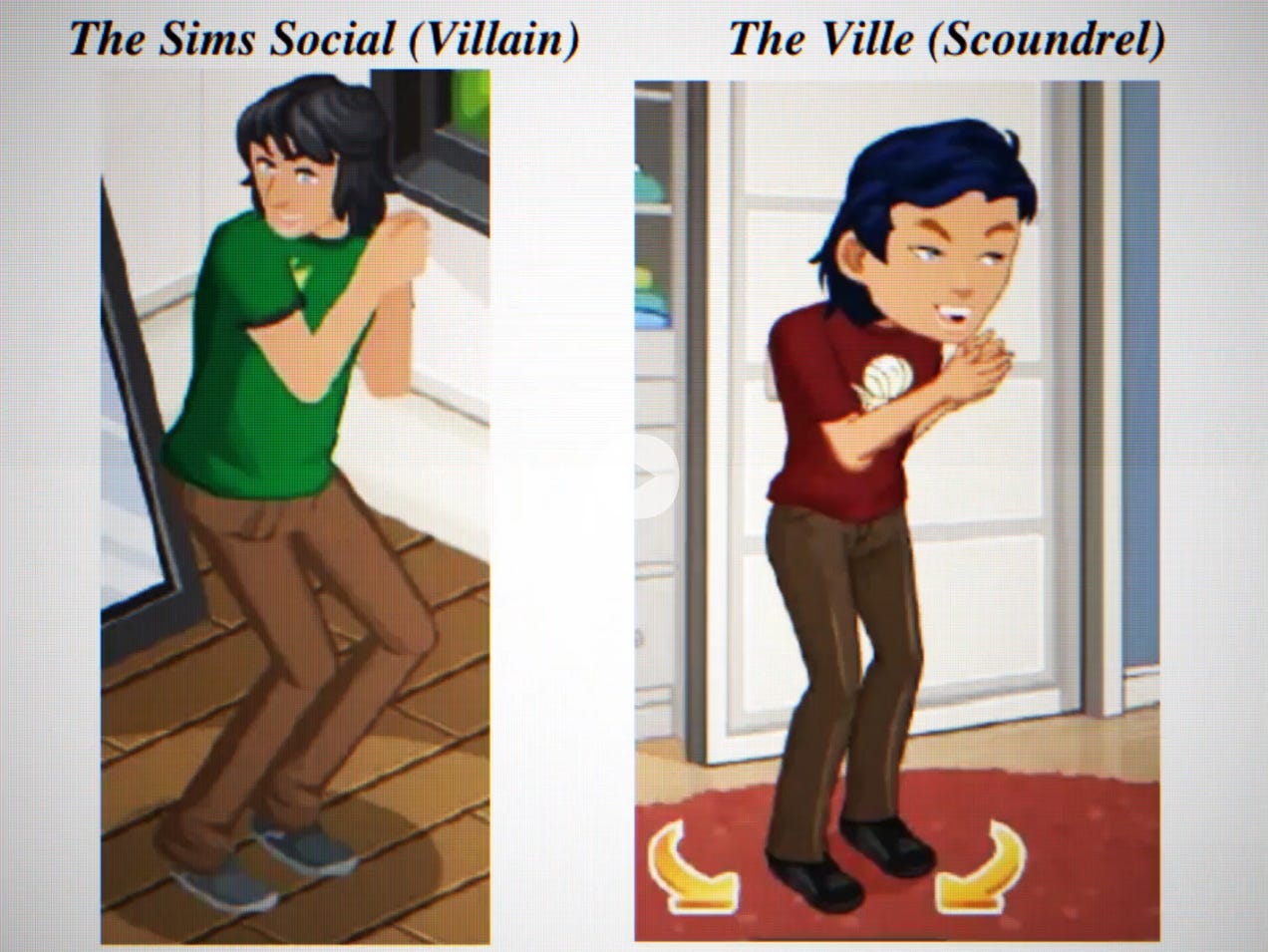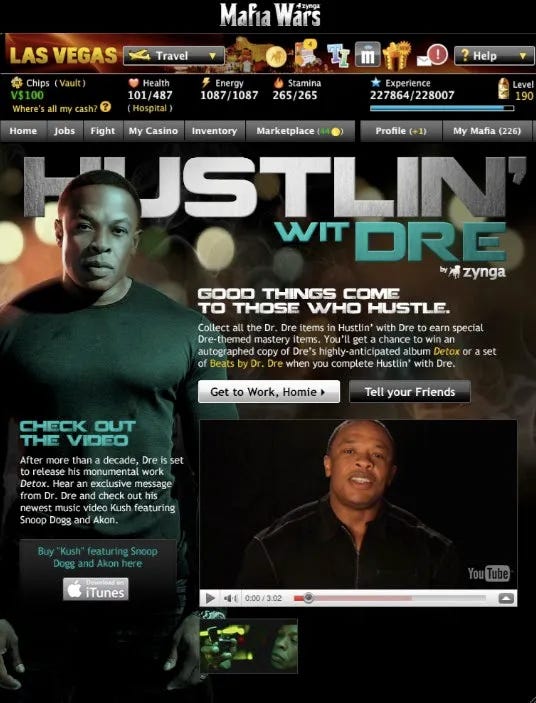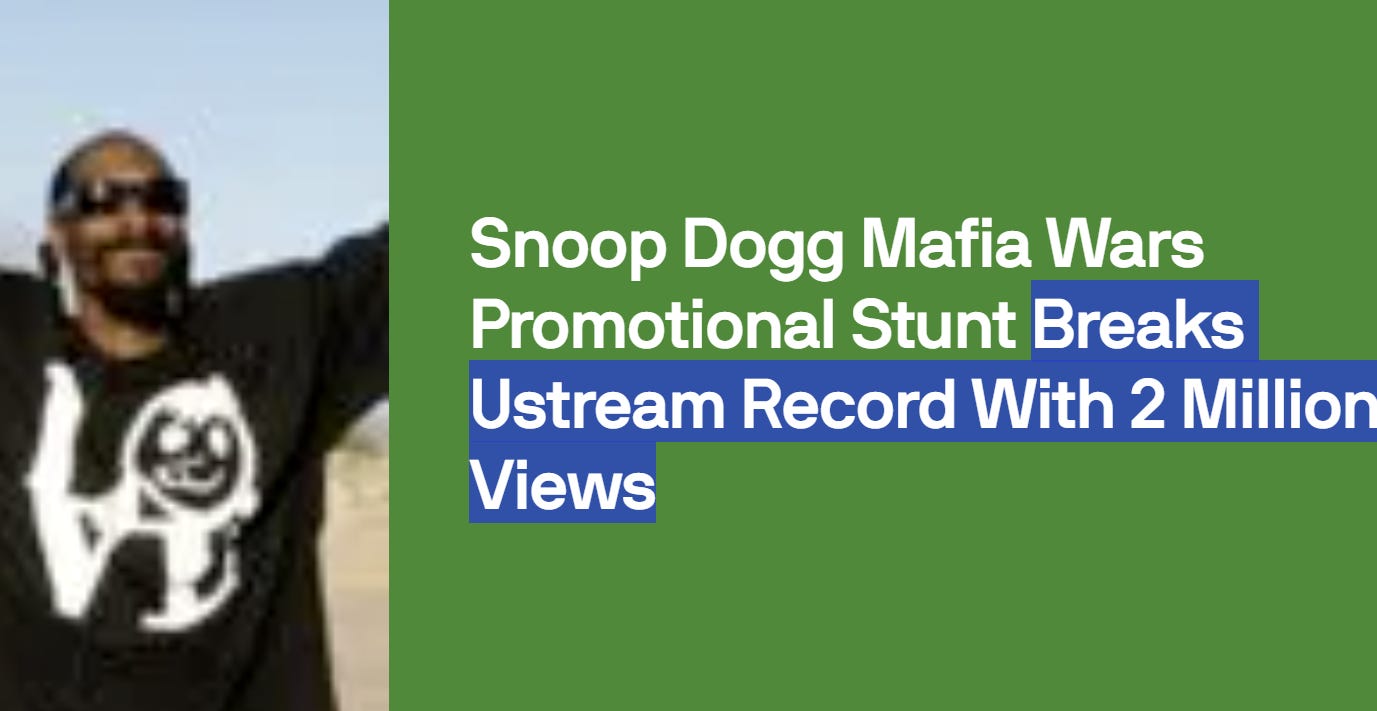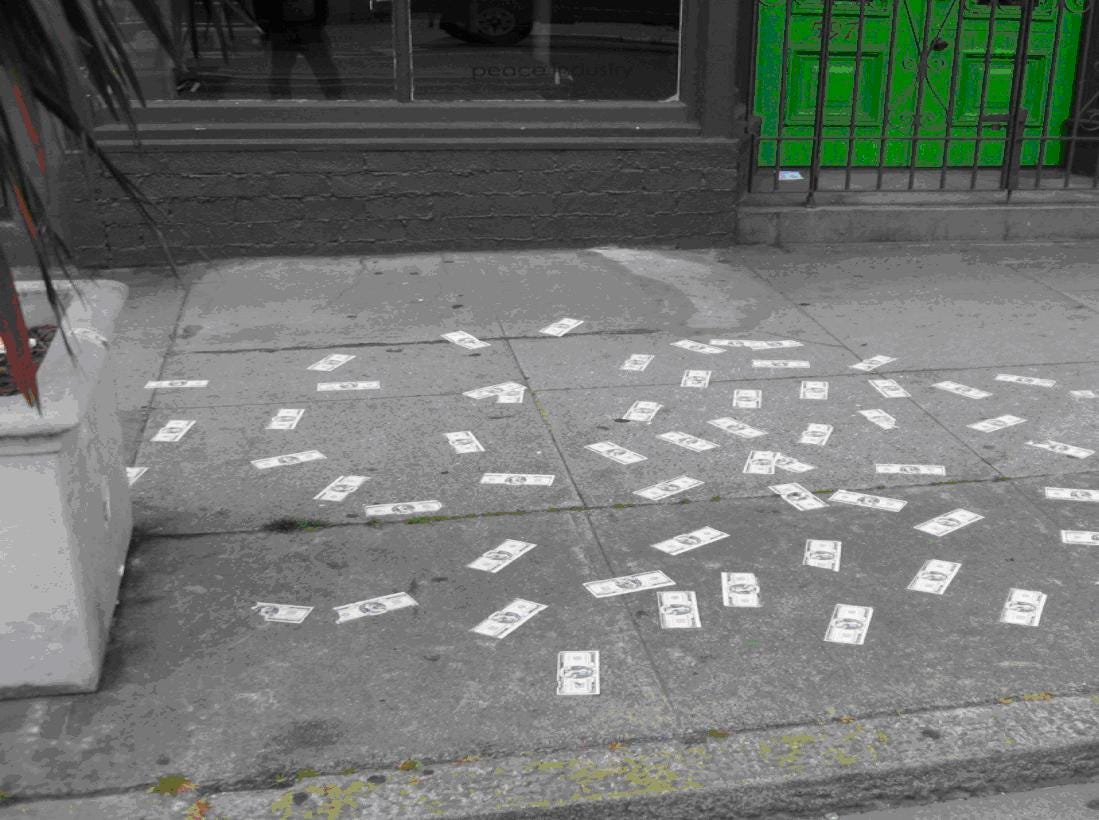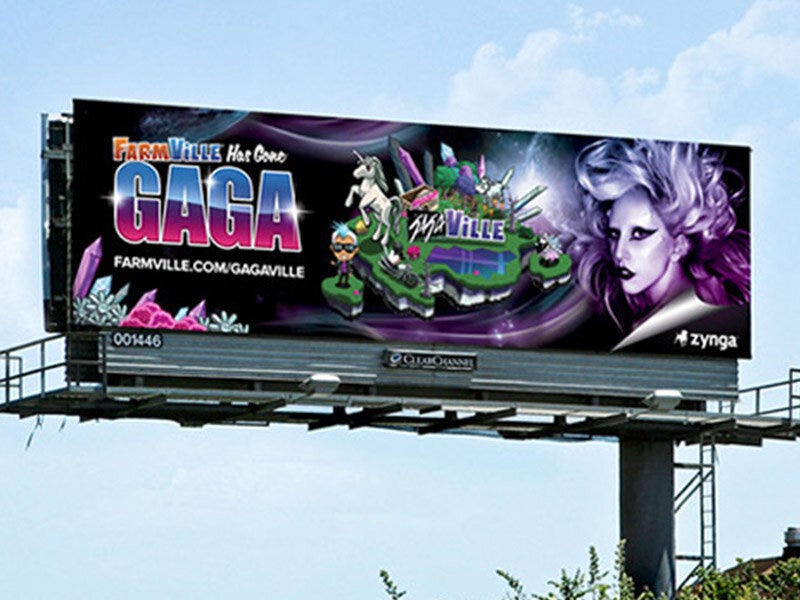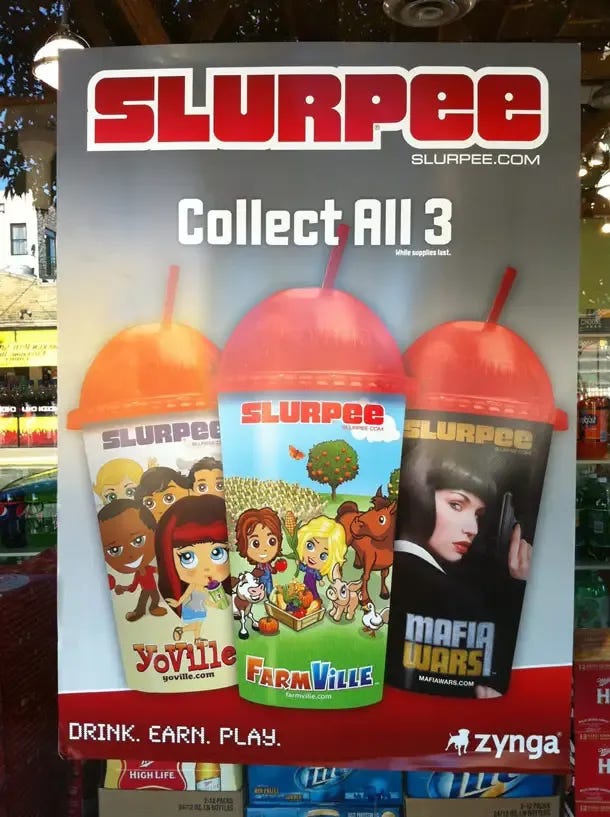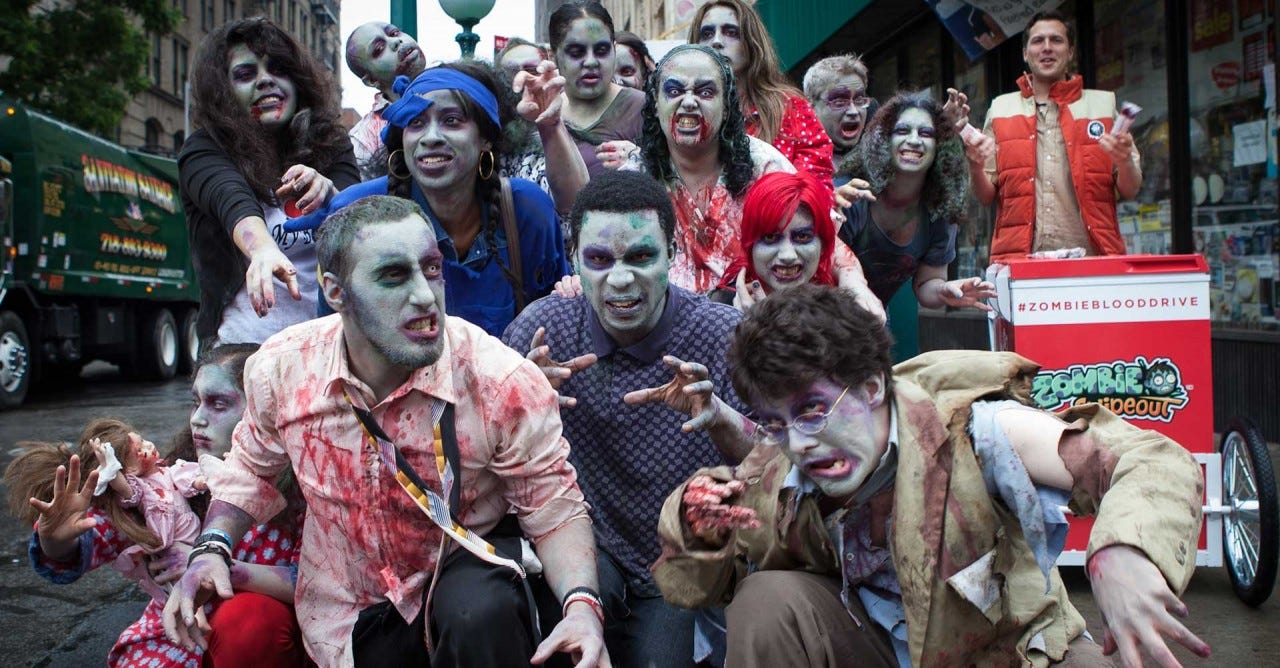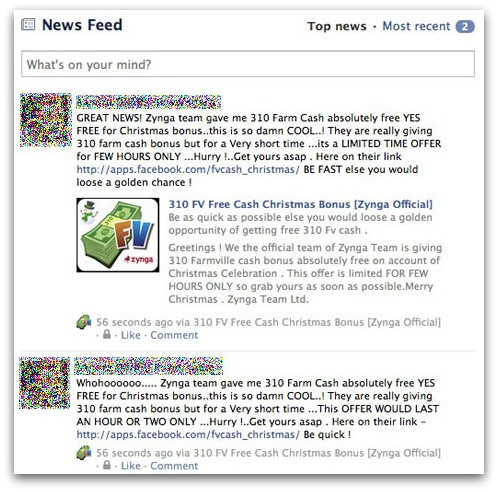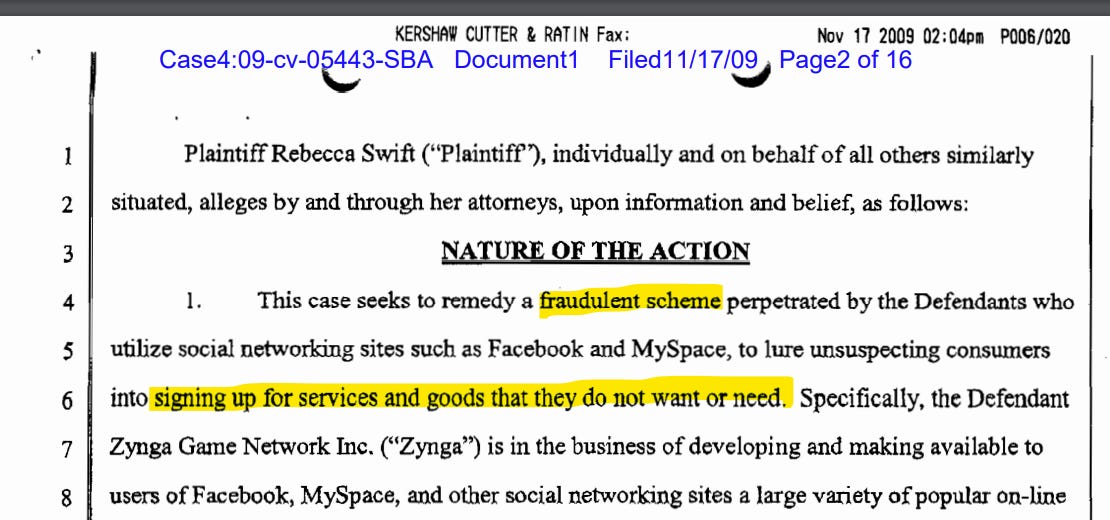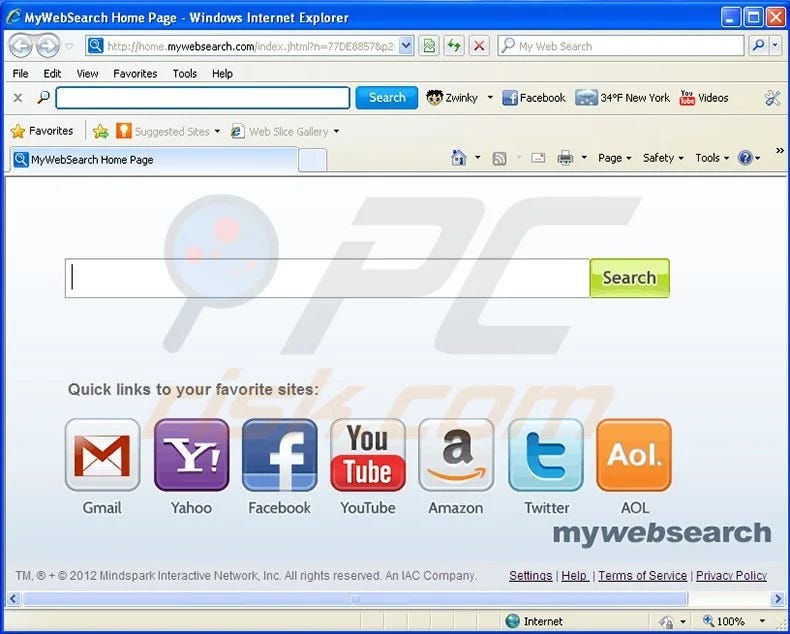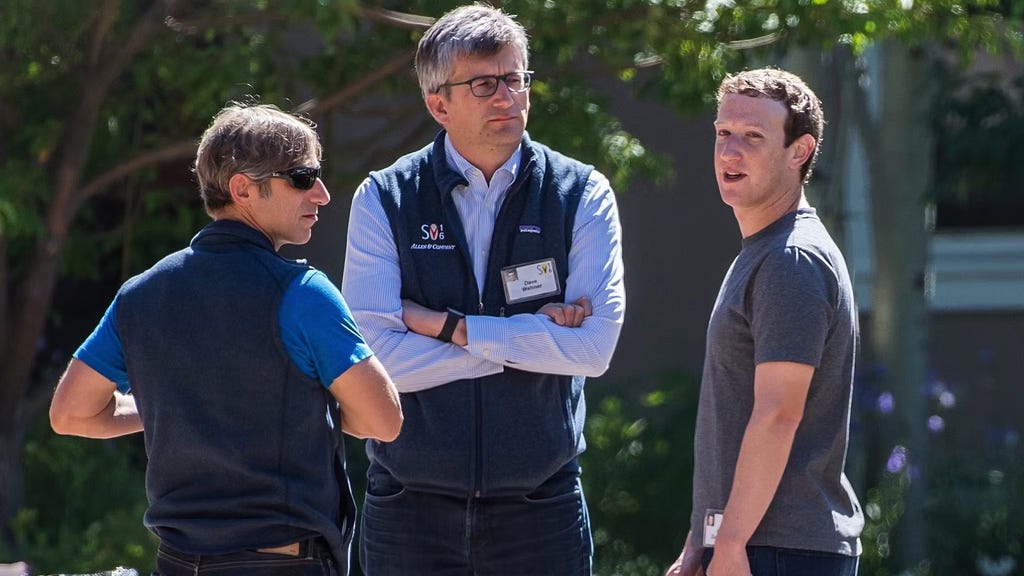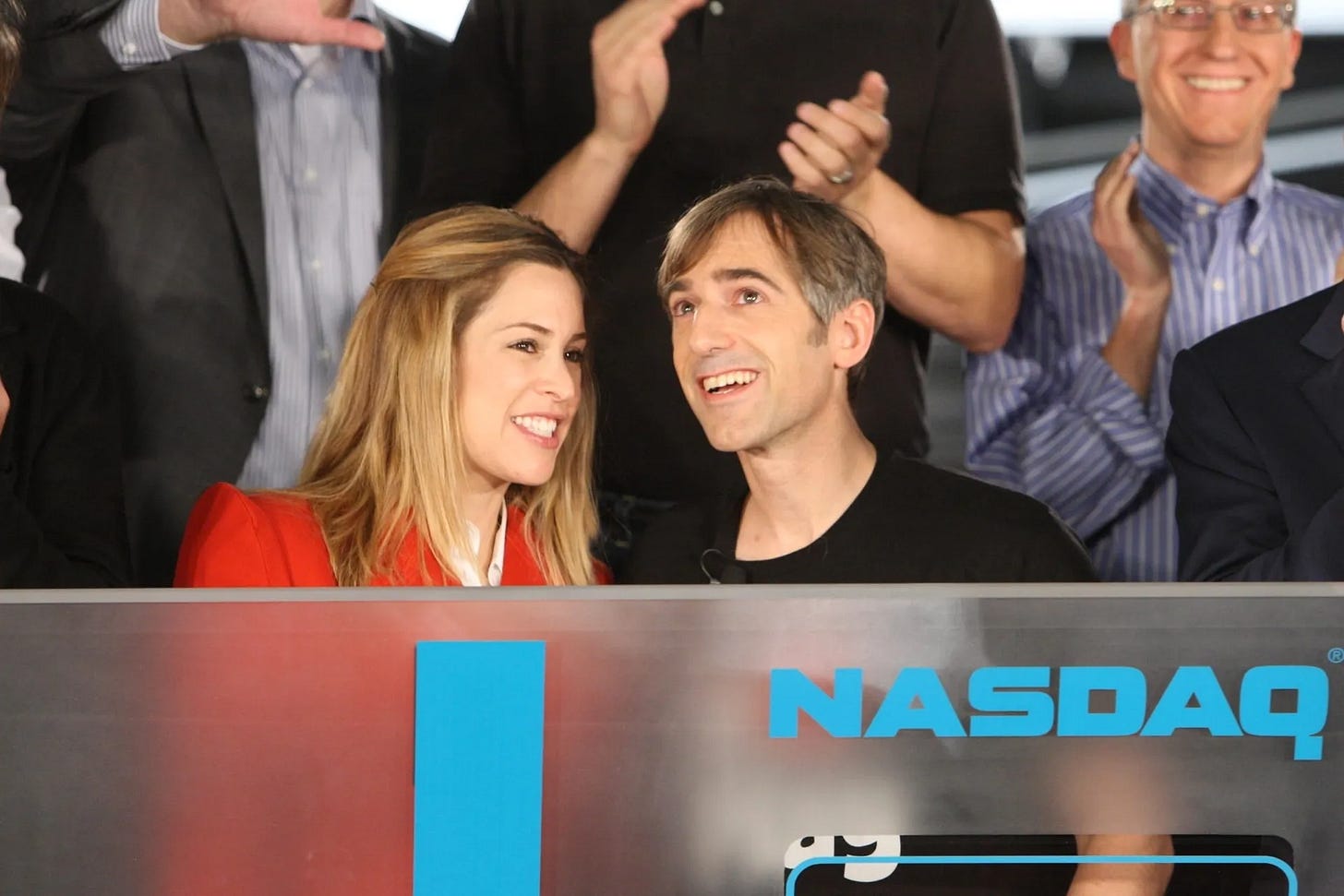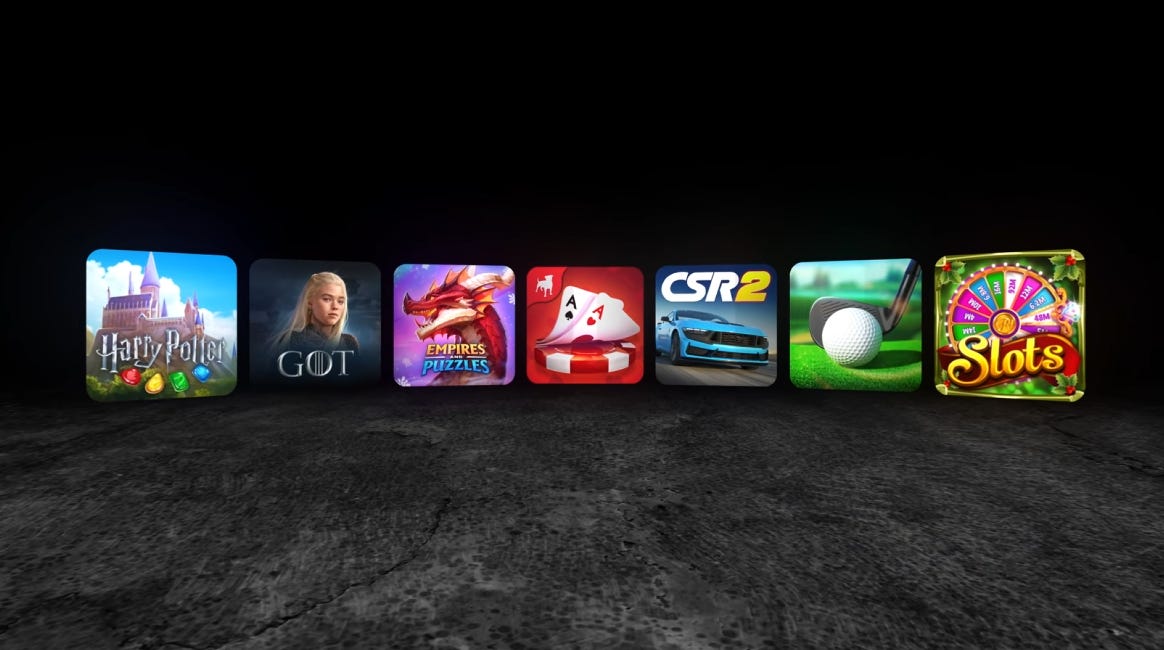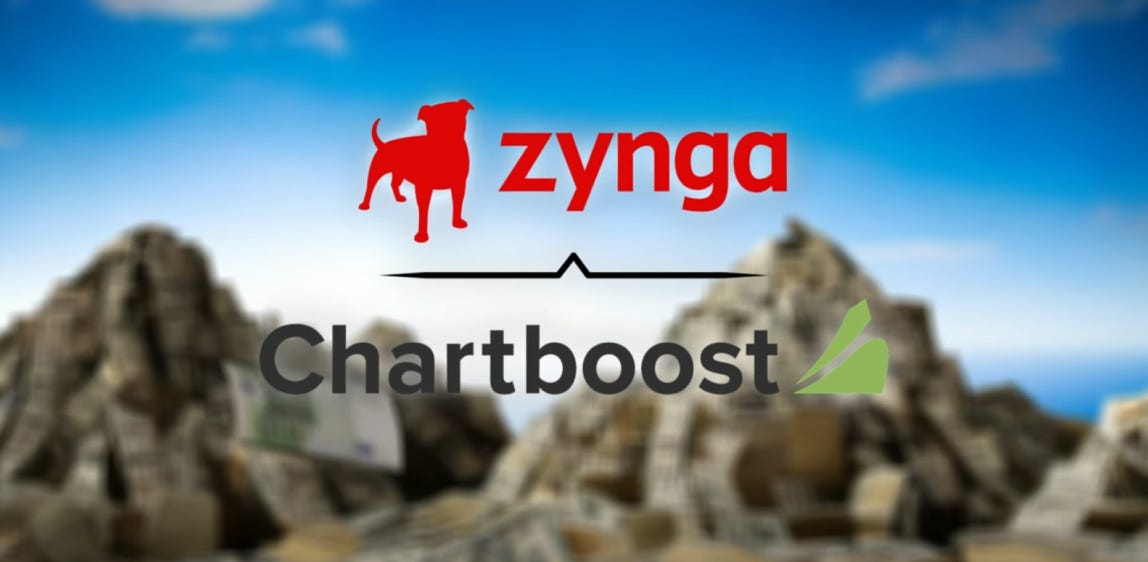The Man Who Scammed the World With a Farm Game
At least Snoop Dogg got to blow up a 4-ton armored truck in the middle of the Nevada desert. Yay.
Snoop Dogg: “What about all that money over there?” (Yes, there was real money inside the truck.)
Well…all that money over there was part of a marketing stunt by none other but Zynga - the company behind the wildly popular Facebook sensation, FarmVille.
FarmVille wasn’t just another farming game - it was the biggest obsession of its time. But behind its friendly graphics was a strategy so ruthless, it turned a small start-up into a billion-dollar empire. And the man in charge? Mark Pincus - a CEO people loved to hate. Driven to dominate, Mark stopped at nothing: from cloning games to scamming users, this man did “every horrible thing in the book.”
But was he really a villain, or just a genius who understood the cold reality of business? After all, Mark turned Zynga into a powerhouse. It seemed unstoppable! But when things got out of control, it all came crashing down.
But just when it looked like the end, the unimaginable happened…
Now under control of Take-Two, the question is: how did a man, who did every horrible thing in the book, not just survive—but walk away as the ultimate winner?
Zynga’s Bad Boy
Look at this stock graph. You see Zynga didn’t just rise - it went from zero to hero to zero and somehow back to hero again.
But what exactly happened on the path towards a $12 Billion deal by Take-Two, the second biggest deal in gaming?
Well, today, you’ll learn about the three moves that built - and nearly broke - Zynga. But before I break those down, let’s break down the man behind it: A Silicon Valley bad boy with a bulldog and a vision.
Mark Pincus wasn’t exactly…liked. People called him a “control freak,” “not coachable,” “a piece of sh**” and so “mean,” he even has his own chapter in Mean Men, a book about the world’s most controversial leaders. But was he really “mean” - or just a genius who understood that in the world of business, you’re either prey or predator. Because from a young age, being prey to authority wasn’t his style. In Mark’s own words, he would say things like “That’s a dumb question,” when asked something he found stupid in interviews. Mark just “didn’t have a lot of respect for authority.”
It’s no surprise then that he also didn’t last long in traditional jobs. By 28, after being fired from a VC firm, he admitted feeling “washed up.” But instead of backing down, he doubled down. Mark wasn’t interested in playing by the rules…
…he wanted to write his own.
“I knew I wanted to control my destiny, so I knew I needed revenues, like right. fucking. now. Like I needed the revenues now! So I funded the company myself but I did every horrible thing in the book just to get revenues right away…”
"Every horrible thing in the book” - A harsh but honest answer to students asking how to get profitable fast. The press called him “unethical” for saying that, but they didn’t understand that for Mark, an experienced entrepreneur, it wasn’t about being unethical: it was about taking control of your own destiny in the cold world of business.
And control he took. Named after his bulldog Zynga, Mark started the company with one goal: Connect the world through games. Mark had no gaming experience whatsoever, but what he did have was the ability to see what others missed: the untapped potential of social media games.
“I saw that people were hanging out on Friendster and Tribe and these social networks and eventually MySpace and Facebook - but you got them all together to this cocktail party but then there wasn't something to do with your friends, and people would say there’s nothing to do on a social network…”
So Mark thought Facebook games were the answer. While other companies were chasing hardcore gamers, Mark was chasing another crowd: the non-gamers. Moms, students, office workers. And to catch them, he truly did every horrible thing in the book.
Zynga’s Strategy
Zynga’s first big hit made Facebook gaming explode. It was the world’s first free-to-play social poker game with 40M monthly players. But the real reason it took off wasn’t the game itself - it was because of something no one else had tried before: microtransactions.
Yes, Zynga Poker became the first game in the West to sell poker chips for real money. People loved it, but not everyone was happy. Many claimed the cards weren’t random but dealt by an algorithm designed to make players lose, calling it the “most corrupt game of online poker.” True or not, the backlash only fueled Zynga’s reputation to keep players hooked - and spending.
News anchor: “It’s true, people are spending not just a little bit of money that don’t exist, but a lot of it; exactly how much?
WSJ Tech Reporter: “Well the revenue last year were over $600M and growing very quickly.”
For most game studios, that kind of money would have been enough. But not for Mark. To stay ahead, he turned Zynga into something no other game studio saw coming: a data powerhouse.
“…that volume of data they get off those 250 million users ends up being their secret weapon. They’re able to to know what people like faster than any of their competitors which allows them to keep turning out the hits.”
While other companies built games based on user feedback, Mark built games based on user data. Every click, every feature, no, every pixel exploited players’ habits to keep them hooked. Zynga, as one employee put it, was in fact “an analytics company masquerading as a games company.” With Mark’s obsession over data, the stage was set for their biggest game yet - one that would bring massive growth, but also massive trouble…
Meet Farmville. A game about...farming.
FarmVille became Facebook’s fastest growing game. And that thanks to a simple loop of plant, grow, harvest, repeat. But it was that exact loop that harvested something else: your fear of loss. Crops took days, sometimes weeks to grow. And if you logged in too late, your crops died. But log in on time, and you were rewarded. FarmVille basically ran on real-world time, and players took it very seriously.
Some even set alarms to not miss a harvest and then there where those who neglected their kids when interrupted mid-game. FarmVille wasn’t just a game—it was an addiction machine that sold you time. And Zynga loved it.
But FarmVille’s real genius wasn’t the game itself - it was Facebook’s notification system. FarmVille allowed players to send invites to their friends for help. Found some eggs? Notification. Found some fuel? Notification. Harvested Olives? You guessed it – notification. The spam was relentless. It annoyed everyone who wasn’t playing.
But for Zynga, it was genius, because every invite was free advertising. The only question was: how long before players - and Facebook - had enough.
Well, for now, Zynga couldn’t get enough. The hits kept coming. Everything Zynga touched turned to gold, and that, for a very simple reason: “I don’t f***ing want innovation. Just copy what they do and do it until you get their numbers.”
Those were Mark’s marching orders, and boy, did Zynga deliver. Armed with tons of user data, Zynga didn’t just clone games - they perfected them. From FarmVille to Mafia Wars to CafeWorld, every clone outperformed the original.
Data and cloning became Zynga’s DNA.
Employees even joked that their motto was “Do evil.” And with all that “evil,” it was no surprise that lawsuits rolled in, with even EA sueing Zynga over their game The Ville - which - truth be told - was a blatant clone of The Sims Social.
But Mark didn’t care - for him, it wasn’t about stealing anyways, but about doing it better.
And better they did. Zynga’s games became the fastest-growing in history and Zynga itself the fastest-growing company in Silicon Valley. The bad boy with his bulldog was finally in control of his destiny.
But to keep that control, Zynga needed more than data and clones - they needed the spotlight. And they knew exactly how to grab it.
Zynga’s Marketing
Meet GagaVille - Zynga’s marketing campaign with Lady Gaga. FarmVille players could unlock songs from her unreleased album inside the game. It was an entirely new way to experience music - by both FarmVille players and Lady Gaga’s little monsters.
So why not try the same with rappers? For their game Mafia Wars, players got exclusive access to Dr. Dre’s music video.
And for Mafia Wars Las Vegas, Zynga livestreamed Snoop blowing up a 4-ton armored truck in the Nevada desert. It was the most viewed live stream in 2010.
But not all stunts paid off. To promote Mafia Wars again, Zynga glued fake $25,000 bills to San Francisco’s sidewalks. The city wasn’t impressed, calling it “sidewalk vandalism” and “illegal marketing [tactics].” No surprise, knowing it took the cleaning crews three hours to scrape off the fake bills.
But Zynga didn’t care - they kept the marketing machine running: Playable emails, mega billboards, or taking over entire 7-Eleven stores from food to drinks to candy; Zynga stopped at nothing.
Not even at zombies - yes, for their launch of Zombie Swipeout, Zynga flooded New York with over 100 zombies handing out blood pops. The stunt resulted in over 12M impressions on Twitter.
And when zombies weren’t enough, no problem, they went even bigger with … sheep.
“I was like, Dad, why is there sheep in NYC - because it’s NYC man; you see whatever you see, it’s all here.”
Yes, Zynga brought herds of sheep and English farmers to New York to promote FarmVille’s latest version. It was marketing a la carte; super extravagant and super expensive.
But when you’ve got Emma Stone confessing her FarmVille addiction, you know Zynga’s marketing was also super effective.
“Are you on Facebook? - No I had to delete my Facebook. Because I got addicted to FarmVille. It's like, have you seen people that are like da da needs help building their Barn, donate a nail or board. It’s a fake farm, but it doesn’t feel fake, Jimmy. - You’re getting crazy, you’re getting crazy.”
Zynga’s Tactics
These marketing stunts were bold, but not as “horrible” as what is about to come:
If you were too broke to keep up your FarmVille addiction, no problem - just hand over your data. That’s what FarmVille’s “offers” did - they let players trade personal information for in-game currency. From signing up for a Netflix trial, completing a fake IQ test or grabbing a “free” learning CD - the list of offers was long and loaded. A typical offer asked you to enter your phone number to unlock rewards, not realizing telling you you’ve just subscribed to a monthly service.
These shady offers made millions, especially for Facebook. But at the heart of it wasn’t Facebook or Zynga per se - it was actually a company called Offerpal, a firm that specialized in trading personal data for in-game rewards.
At first, it seemed like business as usual. But as complains grew louder, one journalist started asking questions. When confronting Offerpal’s CEO about how these scams became the backbone of social gaming, she had nothing nice to say:
“I can categorically say that his insights are shit, doubleshit, and bullshit, ok?”
Turns out his insights weren’t so bullsh*t. Lawsuits accused Zynga and Facebook of a “fraudulent scheme” with ads being “highly misleading” and “users subscribing to services they do not want.” Apparently, “Facebook was fully aware” but did not “offer to reimburse any users.”
And to top it off, Mark’s now-infamous quote only supported these claims:
“I did every horrible thing in the book just to make revenues right away, i mean we gave our users poker chips if they downloaded this zwinky toolbar which was like, i dont' know, i downloaded it once and i couldn't get rid of it.”
The toolbar was surely Marks means to an end, a quick way to generate revenues, but his honest words about it didn’t help and left Facebook with no choice but to act fast:
Facebook suspended Zynga’s game FishVille. Offerpal’s CEO, “Queen of Scams,” got fired, anti-scam rules were enforced, and Mark removed “all mobile ads until we see any that offer clear user.”
It was a quick fix to a much bigger problem. While all this was happening, another storm was brewing: Zynga’s relentless game notifications kept spamming feeds so much, even Facebook had enough. Without any warning, Facebook decided to shut them down altogether. According to Zuckerberg, it was part of “some rebalancing so that if you aren’t a gamer, you’re getting less updates.”
And just like that, Zynga lost millions of users overnight. It became clear who was truly in control here, with the press declaring that “Facebook Basically Owns Zynga.”
But it was like a bad marriage. Both Facebook and Zynga knew they needed each other. Without Zynga, Facebook would lose traffic. And without Facebook, Zynga would lose players. The solution was a new deal. A secret one. Facebook would keep promoting their games and Zynga agreed to make them exclusive. For Mark, it was a win, but not exactly his idea of “taking control.” To take things further, he bought Words with Friends and turned a hit game into an even bigger success. Despite the scandals, Zynga became bigger than ever—almost too big to stay private. So by the end of 2011, Mark took Zynga to an entirely new level.
Yes, Zynga went public with a $7 Billion valuation, with mark of course tightly in control.
But just five months later, his best buddy Mark, the other Mark, took his baby to even greater heights.
Facebook was now public, and worth over $100B - and one of the largest tech IPOs in history.
For Zynga, this meant trouble. Facebook was now bigger, bolder, and more in control. And it threatened Zynga’s dominance in the social gaming world.
Zynga’s Downfall
The problem: Zynga bet big on social gaming just when the world started to shift to something else: mobile games. Now, everybody had a smartphone and people wanted to take their browser games with them. Apps became the next big thing. To catch up, Zynga did a desparate move: Buying the studio behind the hit game Draw Something for $200M. That was surely Zynga’s entry into mobile, with the game being top of the app charts. But when it didn’t meet Zynga’s expecations, Mark shut down - not only the game—but the entire studio with it.
The smartphone era wasn’t just happening - it was happening fast. And maybe just too fast for Zynga to catch up.
From this point onward, things just got messier. Mark stepped down as CEO - twice. And executives too left the company alongside employees, with layoff after layoff. By 2016, Zynga was worth less than its own office building.
And then, in 2020, after having left Zynga’s leadership, Mark announced a bittersweet farewell:
“Tomorrow, Zynga shuts down FarmVille on Facebook after 11 years.”
In his thread, Mark reflected on how FarmVille didn’t just define a generation—it reshaped gaming itself. It turned data into power, inspired entrepreneurs, and showed the world what games could do. But Facebook was no longer Zynga’s home. The game that built an empire was gone, and so was Mark.
But just when everyone thought Zynga’s story was over, things started to shake up again. Under new leadership, Zynga eventually turned its focus to mobile games, with hits that - to this day - rake in millions every month.
It was a long needed pivot, but surely not their last. Because Zynga’s biggest move was yet to come, in 2021: A $250M acquisition of Chartboost, one of the top mobile ad networks.
The goal? To take control of course - because with Chartboost, Zynga could now find players, show them ads, and keep more of the profits - without relying on giants like Facebook.
But Chartboost had its own problems. It got accused of tracking people - even kids - who had clearly opted out with “Ask App Not to Track.” But in the cutthroat world of business, this barely raised an eyebrow—it was just business as usual.
And it worked. In 2022, the business as usual finally paid off - big time.
“…Coming up. Red Dead meets Farmville. Take-Two Interactive buying mobile game developer Zynga.”
Yes, Zynga—a gaming company that bought an ad company—was now bought by one of the biggest gaming companies ever, to create - of course - the next mobile gaming empire. And Mark - who still owned millions of shares, walked away….as the ultimate winner.
It’s funny how the world works. This man who built Zynga by taking control of his destiny had to eventually give it up to save Zynga. It’s a crazy story but one we can all learn from - especially from a man, who did “every horrible thing in the book.” While he was very open about his moves, his story goes beyond all that. It’s about understanding that in the world of business, everybody plays by their own rules. And if you don’t, someone else will create the rules for you. But the real takeaway? Let’s hear it from the man himself:
“You live and grow by the sword and you live and die by that same sword. Zynga was a victim of that. We were a victim of our own data and analytic. And the one muscle that I wasn't able to really replicate and teach across the company was intuition.”
Intuition. I guess that was the only thing missing from his book. But while Mark admits he didn’t always have it, there’s one instinct he clearly mastered: the drive to take control of his own destiny.
Happy Farming.


